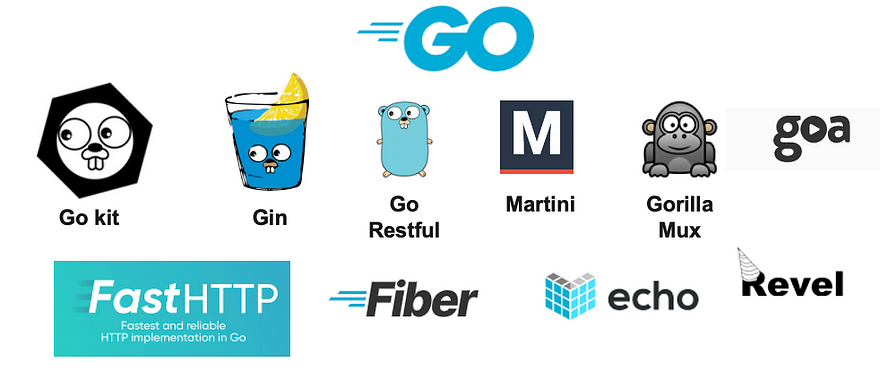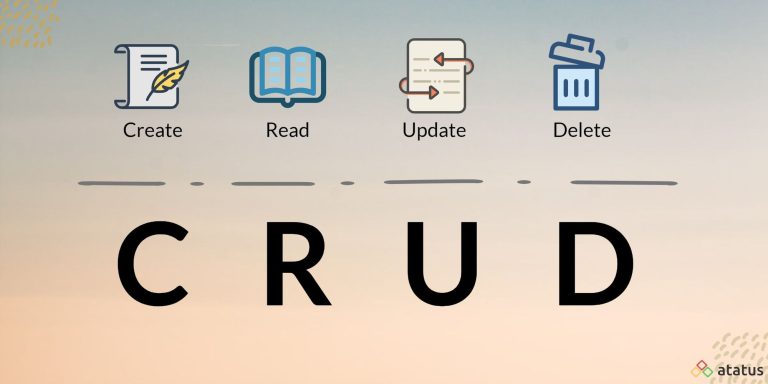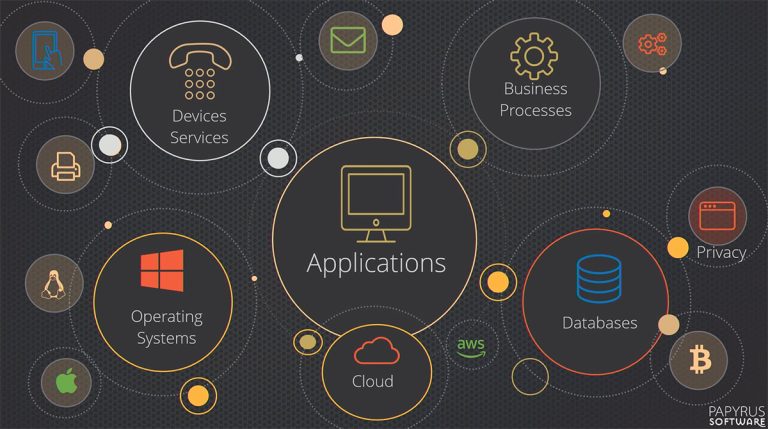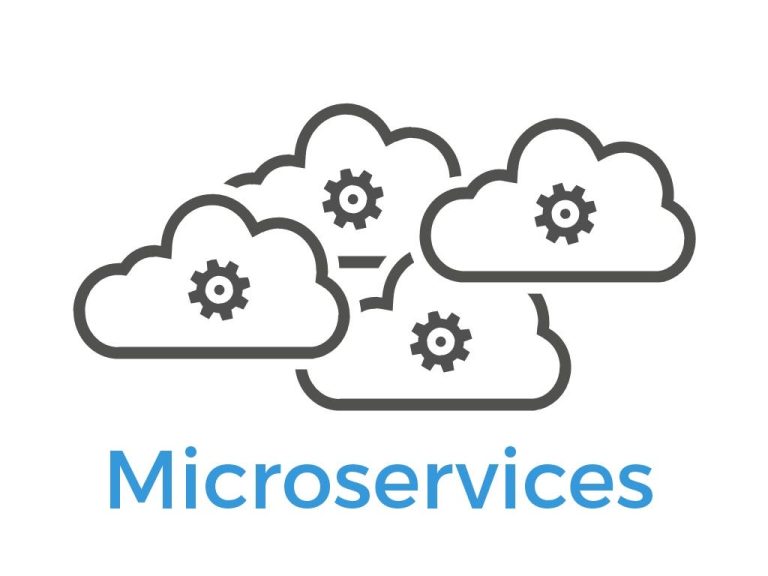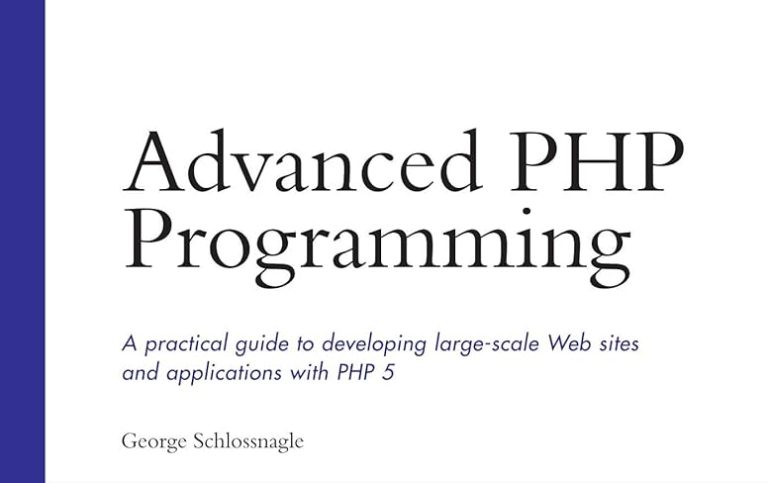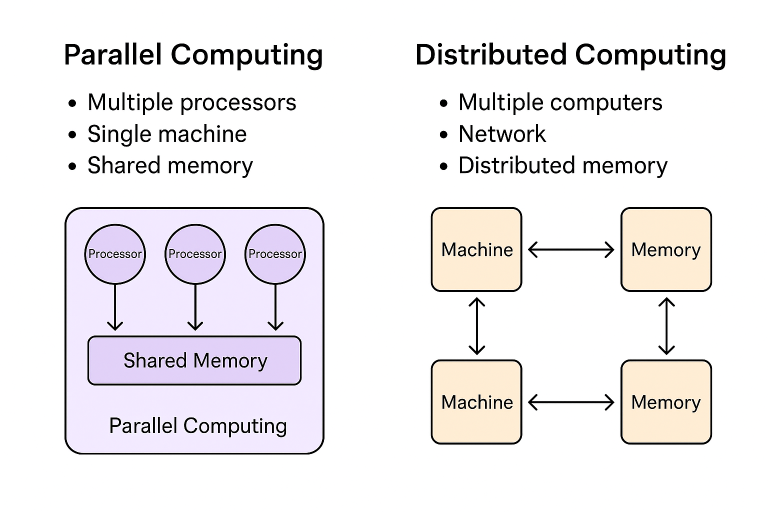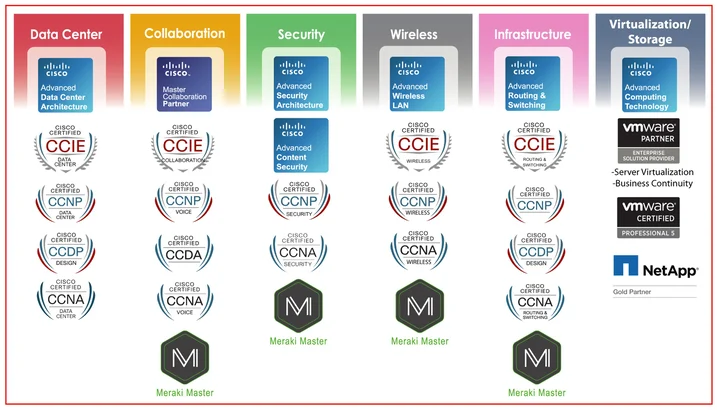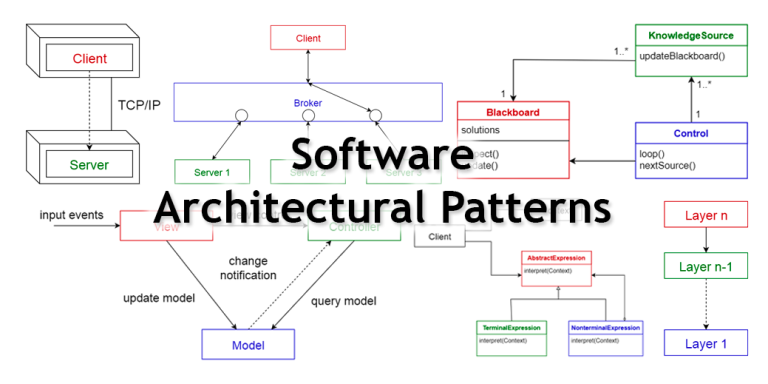Introduction
Absolutely, all the mentioned Golang frameworks (Gin, Echo, Revel, Buffalo, and Fiber) are well-suited for building RESTful APIs. Below, I’ll provide brief explanations and sample code snippets for implementing a basic RESTful API using each framework.
Certainly! The frameworks mentioned—Gin, Echo, Revel, Buffalo, and Fiber—are all well-suited for building RESTful APIs in Go. Below are additional details on how each framework can be used specifically for creating RESTful APIs:
- Gin: Sample Code for a RESTful API with Gin:
package main
import "github.com/gin-gonic/gin"
type User struct {
ID uint `json:"id"`
Name string `json:"name"`
Email string `json:"email"`
}
var users []User
func main() {
router := gin.Default()
router.GET("/api/users", func(c *gin.Context) {
c.JSON(200, users)
})
router.GET("/api/users/:id", func(c *gin.Context) {
// Fetch user details based on ID
c.JSON(200, getUserByID(c.Param("id")))
})
router.POST("/api/users", func(c *gin.Context) {
var newUser User
if err := c.BindJSON(&newUser); err != nil {
c.JSON(400, gin.H{"error": "Invalid JSON"})
return
}
// Add the new user to the list
users = append(users, newUser)
c.JSON(201, newUser)
})
// Implement other RESTful routes...
router.Run(":8080")
}
func getUserByID(id string) *User {
// Implement logic to fetch user from the database based on ID
return &User{}
}- Echo: Sample Code for a RESTful API with Echo:
package main
import (
"github.com/labstack/echo/v4"
"net/http"
)
type User struct {
ID uint `json:"id"`
Name string `json:"name"`
Email string `json:"email"`
}
var users []User
func main() {
e := echo.New()
e.GET("/api/users", func(c echo.Context) error {
return c.JSON(http.StatusOK, users)
})
e.GET("/api/users/:id", func(c echo.Context) error {
// Fetch user details based on ID
return c.JSON(http.StatusOK, getUserByID(c.Param("id")))
})
e.POST("/api/users", func(c echo.Context) error {
var newUser User
if err := c.Bind(&newUser); err != nil {
return c.JSON(http.StatusBadRequest, map[string]string{"error": "Invalid JSON"})
}
// Add the new user to the list
users = append(users, newUser)
return c.JSON(http.StatusCreated, newUser)
})
// Implement other RESTful routes...
e.Start(":8080")
}
func getUserByID(id string) *User {
// Implement logic to fetch user from the database based on ID
return &User{}
}- Revel: Sample Code for a RESTful API with Revel:
package controllers
import (
"github.com/revel/revel"
"net/http"
)
type App struct {
*revel.Controller
}
type User struct {
ID uint `json:"id"`
Name string `json:"name"`
Email string `json:"email"`
}
var users []User
func (c App) ListUsers() revel.Result {
return c.RenderJSON(users)
}
func (c App) GetUser(id uint) revel.Result {
// Fetch user details based on ID
return c.RenderJSON(getUserByID(id))
}
func (c App) CreateUser() revel.Result {
var newUser User
if err := c.Params.BindJSON(&newUser); err != nil {
return c.RenderJSON(map[string]string{"error": "Invalid JSON"})
}
// Add the new user to the list
users = append(users, newUser)
return c.RenderJSON(newUser)
}
// Implement other RESTful actions...
func getUserByID(id uint) *User {
// Implement logic to fetch user from the database based on ID
return &User{}
}- Buffalo: Sample Code for a RESTful API with Buffalo:
package actions
import (
"github.com/gobuffalo/buffalo"
"net/http"
)
type UserController struct {
buffalo.Resource
}
type User struct {
ID uint `json:"id"`
Name string `json:"name"`
Email string `json:"email"`
}
var users []User
func (v UserResource) List() error {
return v.Render(200, r.JSON(users))
}
func (v UserResource) Show() error {
// Fetch user details based on ID
return v.Render(200, r.JSON(getUserByID(v.Params["id"])))
}
func (v UserResource) Create() error {
var newUser User
if err := v.Bind(&newUser); err != nil {
return v.Render(400, r.JSON(map[string]string{"error": "Invalid JSON"}))
}
// Add the new user to the list
users = append(users, newUser)
return v.Render(201, r.JSON(newUser))
}
// Implement other RESTful actions...
func getUserByID(id string) *User {
// Implement logic to fetch user from the database based on ID
return &User{}
}- Fiber: Sample Code for a RESTful API with Fiber:
package main
import (
"github.com/gofiber/fiber/v2"
"net/http"
)
type User struct {
ID uint `json:"id"`
Name string `json:"name"`
Email string `json:"email"`
}
var users []User
func main() {
app := fiber.New()
app.Get("/api/users", func(c *fiber.Ctx) error {
return c.JSON(users)
})
app.Get("/api/users/:id", func(c *fiber.Ctx) error {
// Fetch user details based on ID
return c.JSON(getUserByID(c.Params("id")))
})
app.Post("/api/users", func(c *fiber.Ctx) error {
var newUser User
if err := c.BodyParser(&newUser); err != nil {
return c.Status(http.StatusBadRequest).JSON(map[string]string{"error": "Invalid JSON"})
}
// Add the new user to the
list
users = append(users, newUser)
return c.Status(http.StatusCreated).JSON(newUser)
})
// Implement other RESTful routes...
app.Listen(":8080")
}
func getUserByID(id string) *User {
// Implement logic to fetch user from the database based on ID
return &User{}
}These sample codes provide a foundation for creating RESTful APIs with each of the mentioned Golang frameworks. You can extend these examples based on your specific requirements, such as integrating database access, adding authentication, and handling more complex business logic. Choose the framework that aligns best with your development preferences and project needs. Happy coding!

